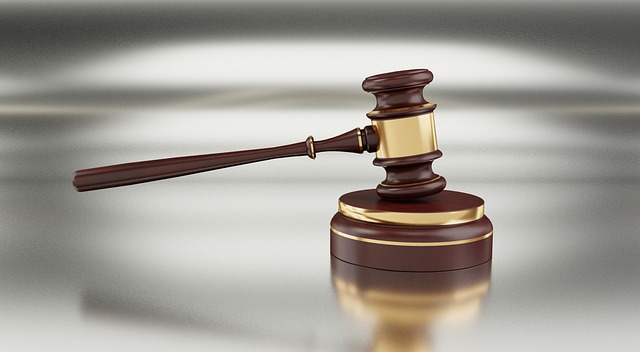Environmental Crime Trials, dealing with pollution to wildlife trafficking, are a growing legal field with high-stakes jury trials. These cases navigate complex interactions of environmental regulations and property rights, serving as deterrents for polluters. Inheritance and property ownership histories are crucial in these trials due to the transfer of potentially contaminated assets across generations, posing significant legal challenges. Defense attorneys must master specific environmental laws, analyze ownership rights, and craft narratives that balance corporate goals with regulatory requirements and public interest to achieve favorable outcomes.
“Environmental Crime Trials: Unraveling the Complex Web of Legal Proceedings
This insightful article delves into the world of environmental crime trials, examining the unique challenges and strategies involved. We explore ‘Understanding Environmental Crime Trials’ from a legal perspective, focusing on key aspects like inheritance and property ownership—navigating intricate legal challenges. Furthermore, we dissect strategizing defense in these cases, offering valuable insights for professionals. Uncover how these trials shape environmental law and its impact on inheritance, property rights, and the overall legal landscape.”
- Understanding Environmental Crime Trials: A Legal Perspective
- Inheritance and Property Ownership: Navigating Legal Challenges
- Strategizing Defense in Environmental Crimes Cases
Understanding Environmental Crime Trials: A Legal Perspective

Environmental Crime Trials represent a unique and growing area of legal practice, addressing violations that range from air and water pollution to deforestation and wildlife trafficking. From a legal perspective, these trials are complex due to their intersection with various environmental regulations, international treaties, and inheritance property ownership rights. Understanding these cases requires navigating intricate legal challenges, where defendants face not only civil penalties but also potential criminal charges, leading to high-stakes jury trials.
The importance of these trials extends beyond punishing perpetrators; they serve as a deterrent and a means to enforce environmental laws. With an unprecedented track record of securing justice, these proceedings are instrumental in protecting the environment and ensuring that polluters are held accountable for their actions. This is particularly crucial given the escalating nature of environmental degradation worldwide, demanding innovative legal strategies and interpretations to preserve our planet’s heritage for future generations.
Inheritance and Property Ownership: Navigating Legal Challenges

Inheritance and property ownership often play a complex role in environmental crime cases, presenting unique legal challenges for both prosecutors and defendants. When it comes to environmental liabilities, understanding the history of ownership is crucial. In many instances, businesses pass through generations, and inheritances can include contaminated properties or assets tied to past environmental offenses. This raises questions about liability for historical misconduct and how these legacies impact current owners’ legal standing. Navigating these complexities requires a deep dive into the details of inheritance laws, property rights, and the interpretation of regulatory frameworks.
Court cases involving white-collar and economic crimes often turn on the nuances of ownership transfer and the potential for winning challenging defense verdicts. Jury trials in such scenarios demand a meticulous examination of legal documents, financial records, and historical transactions to determine the true owners and their knowledge of environmental violations. The outcome can significantly impact not only the financial burdens but also the reputation of individuals and entities involved, shaping the future of environmental governance and accountability.
Strategizing Defense in Environmental Crimes Cases

Navigating environmental crime trials presents unique legal challenges for defense attorneys. When representing corporate or individual clients facing accusations of ecological wrongdoing, strategizing a defense involves a nuanced approach. The first step is to thoroughly understand the specific environmental regulations relevant to the case and how they were allegedly breached. This requires an in-depth analysis of the client’s inheritance property ownership rights and responsibilities, as well as any historical records that could impact the case.
A winning challenging defense verdict hinges on presenting a compelling narrative that accounts for the client’s actions, motivations, and compliance with environmental standards. Lawyers must be adept at addressing the complex interplay between corporate goals, regulatory requirements, and public interest. By examining the unique circumstances of each case, attorneys can devise creative legal strategies to counter allegations and achieve favorable outcomes across the country, ensuring justice is served while protecting the rights of all involved parties.
Environmental crime trials pose unique legal challenges, particularly when inheritance and property ownership are at stake. Understanding these complexities is crucial for both prosecutors and defense attorneys. By strategizing effectively, legal professionals can navigate the intricate web of regulations and precedents to achieve justice in cases involving environmental crimes. These trials not only test the limits of the law but also shape our collective response to protecting our planet’s precious resources.






